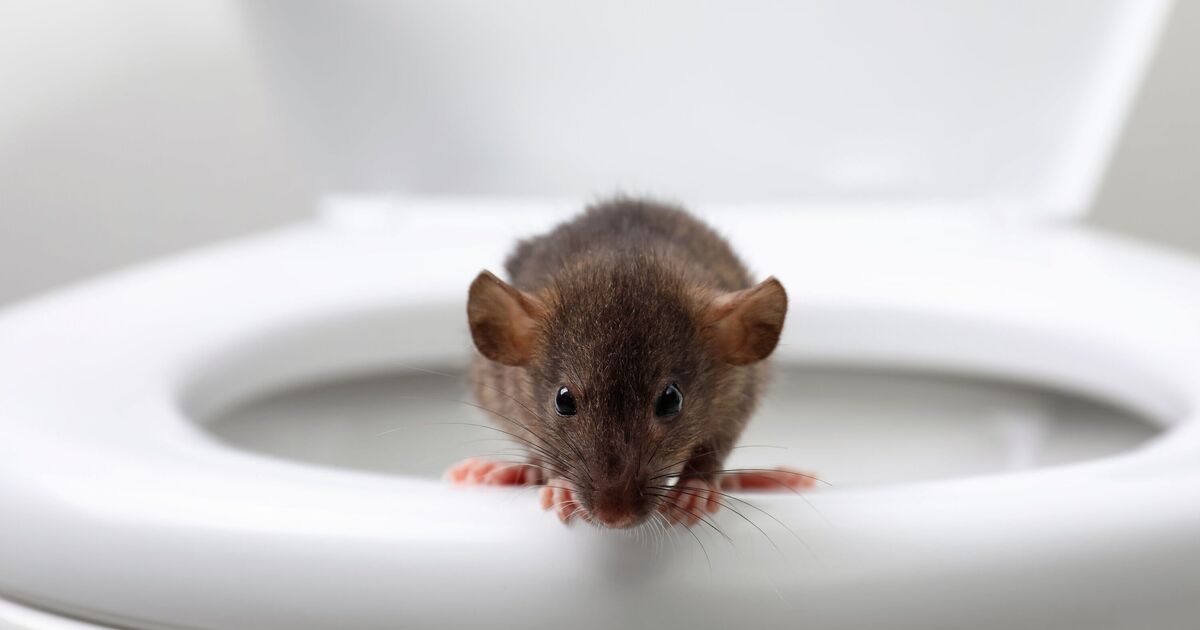A Canadian man who went to use the lavatory was infected and bitten by a rat that emerged from his toilet basin.
While attempting to remove the rodent, the 76-year-old individual sustained bites on two digits and was subsequently rushed to the hospital for treatment.
Following the dressing of his wounds and his discharge, he was readmitted to the intensive care unit 18 days later with complaints of fever, migraines, and abdominal pain.
Subsequently, medical professionals conducted examinations that identified him as having leptospirosis, a bacterium discovered in rodent urine, as well as sepsis and multi-organ failure indicators.
Antibiotics were promptly administered to him, and within a few days, he had sufficiently recovered to return home.
Physicians hypothesized that the rat that bit the victim may have urinated recently and subsequently “contaminated its oral cavity” with urine.
It then transferred the pathogens from its urine into the man’s bloodstream via a bite.
Infections with leptospirosis are uncommon in the United States, with only 100 to 150 cases identified annually, of which 15 percent can be catastrophic.
In most cases, transmission occurs when individuals inadvertently come into contact with rat urine or water contaminated with rat urine. However, there have been reports of transmission through bites.
Physicians from Quebec documented the peculiar case in the Journal of the Canadian Medical Association.
The physicians noted in the journal that leptospirosis, which can be challenging to diagnose, can be transmitted by rodent bites.
To prevent infections, they also intended to suggest that antibiotics could be administered promptly after a bite.
“Although antibiotic preventive therapy after rat bites remains an unresolved issue,” they wrote. “However, puncture wounds that frequently result in rat bite fever and rat bites themselves create a higher risk of infection, which could justify antibiotic prophylaxis.”
A prophylactic course of antibiotics involves administering antibiotics to individuals who are at risk of contracting an infection.
The individual was treated in this instance with 500 mg of amoxicillin administered three times daily for fourteen days.
During his initial hospital visit, he was also administered a tetanus injection. During his subsequent visit, he was connected to an intravenous drip for fluids and to administrate immunoglobulin, a blood product containing antibodies that aid in the fight against infections.
According to the physicians, the man also sustained renal damage, which could have been induced by the bloodborne bacterial infection that reached the kidneys.
A leptospirosis infection is characterized by jaundice, yellowing of the eyes, muscle discomfort, and a fever.
Antibodies against the disease are frequently detected in patients’ blood during the diagnostic process.
Antibiotics are commonly used to treat the disease by eliminating the microorganisms.





